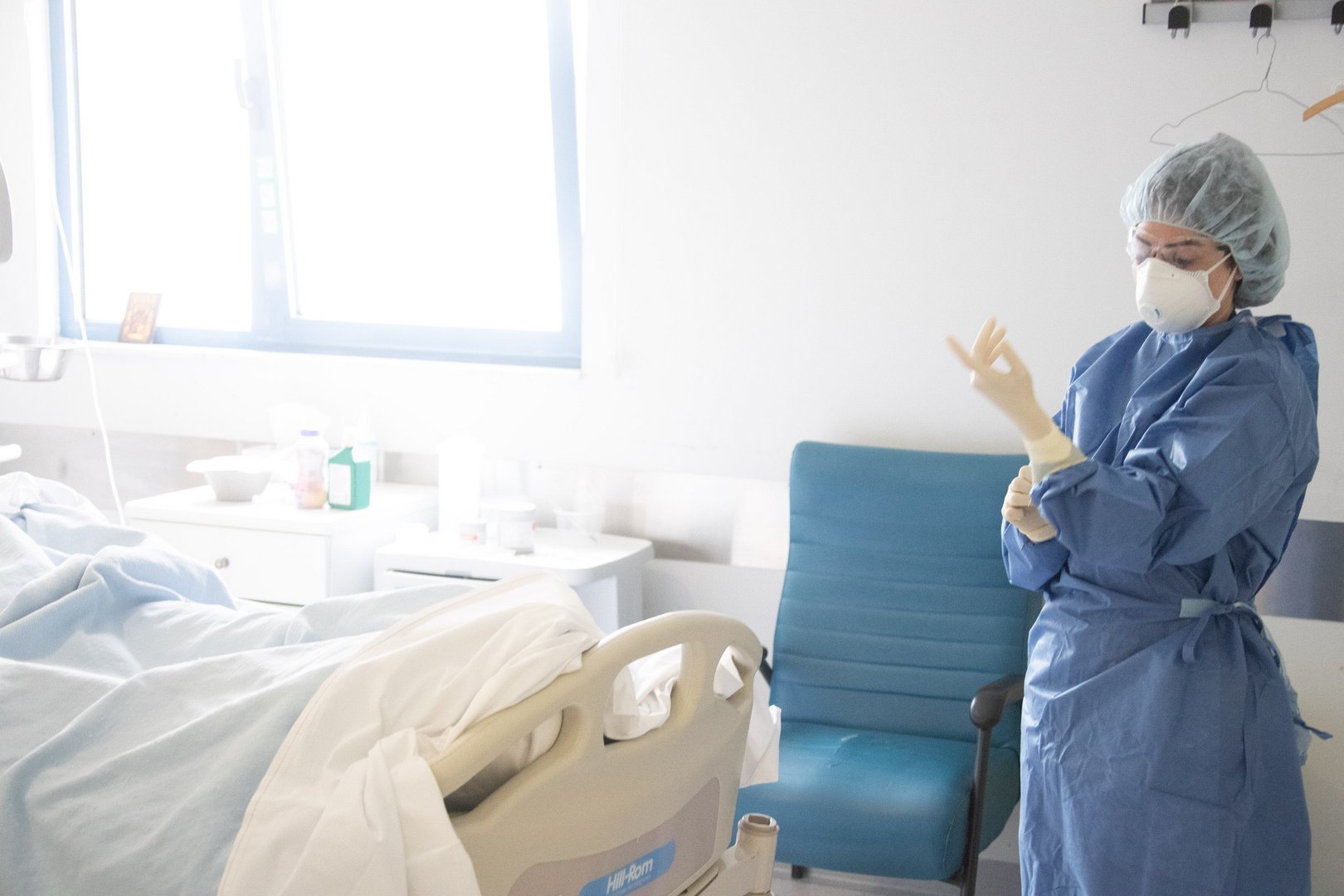Annual vaccinations against Covid-19 are on the cards for the elderly, vulnerable and immunosuppressed as part of a return to normality, epidemiologist Michalis Voniatis said on Tuesday.
Speaking a day after the vaccination advisory body announced its recommendation for a fourth vaccination dose for those aged 70 and older and other vulnerable groups, Voniatis told Alpha TV the decision finds the health ministry’s scientific advisors in “complete agreement”.
“This decision helps us to further protect the specific groups,” he said, as he confirmed officials are assessing the plan to return to normality.
Unless there is a serious setback, Voniatis said, we will start treating coronavirus like Type A flu.
“We must return to normality, we cannot continue with the same measures,” he added.
According to Voniatis, the proposed plan will include changes in all aspects, including the frequent rapid testing and will focus on people’s personal responsibility.
The epidemiologist explained that people belonging to vulnerable groups will have to continue taking some personal protection measures as long as the coronavirus is active in the community, since those are at higher risk of serious infection.
Part of these measures, Voniatis said, is that the elderly, immunosuppressed and those belonging in vulnerable groups will need to be vaccinated against coronavirus “at least once a year for the coming years”.
The plan to lift most restrictions is going ahead despite the recent surge in daily cases, which have in the last few days surpassed 3,000, while more than 100 patients are being treated with the virus in state hospitals.
There are many infections, but people show mild symptoms even in hospitalisations, Voniatis said, adding that only 15 per cent of coronavirus patients in hospitals are serious, and concern those with pre-existing health conditions. In previous months, serious infections were at 30 per cent of hospitalisations.
The health ministry adviser attributed the increase to mainly the Omicron variant which appears dominant in Cyprus at the moment as well as the high number of reinfections.
Furthermore, Voniatis said, the vaccines currently available “do not provide a satisfactory protection against the Omicron variant” but in the future, “we will certainly have better vaccines”.
According to the epidemiologist, re-infections usually concern people who were infected six or eight months ago, while in a few cases, there were some reinfections that took place just two weeks after the recovery from the virus.
He added that, so far, there were no people who were infected twice with the Omicron virus.
His statements echoed another member of the ministry’s advisory team for coronavirus, Petros Karayiannis, who said “even those with a booster shot might be infected after some time passes”.
The professor of microbiology and molecular virology at the medical school of the university of Nicosia said the infections are due to the Omicron BA2 variant, which is even more infectious, but also due to the social gatherings that took place on Stinky Thursday (Tsiknopempti) and the carnival earlier this month.
He explained that 40.7 per cent of recent cases were traced to Limassol, the epicentre of carnival celebrations, while most were detected in children and teenagers under 17, followed by the 25 to 50 age group. Minors have the lowest vaccination coverage, at about 13 per cent, according to recent data.







Click here to change your cookie preferences